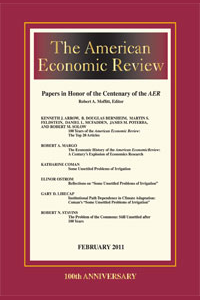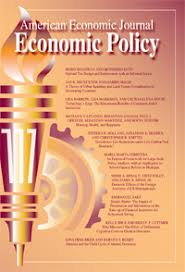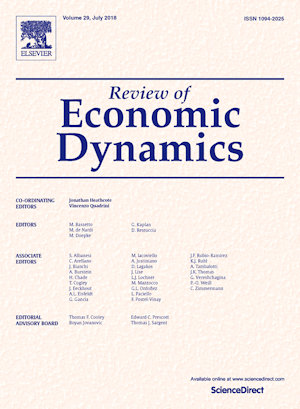
Fisher, H. and Low, H.
Financial implications of relationship breakdown: does marriage matter?
Review of Economics of the Household
Vol. 13(4) pp. 735-769 (2015)
Abstract: In raw data in the UK, the income loss on separation for women who were cohabiting is less than the loss for those who were married. Cohabitants lose less even after controlling for observable characteristics including age and the number of children. This difference is not explained by differences in access to benefits or labor supply responses after separation. In contrast, there is no difference in the change in household income experienced by cohabiting and married men who do better on average than both groups of women. We show that the difference for women arises because of differences in the use of family support networks: cohabitants’ standard of living falls by less because they are more likely to live with other adults, particularly their family, following separation, even after controlling for age and children. Divorced women do not return to living with their extended families. The greater legal protection offered by marriage does not appear to translate into economic protection.
Keywords: Divorce, Cohabitation, Income loss
JEL Codes: D10, J12
Author links:
Publisher's Link: http://link.springer.com/article/10.1007/s11150-015-9292-y/fulltext.html ![]()



